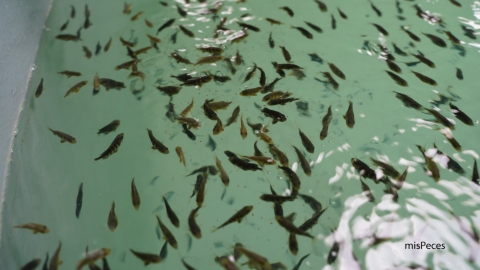
Histamine, a by-product of bacterial metabolism in poorly stored and preserved fish, is an indicator of spoilage and a serious health hazard can cause poisoning if consumed in high concentrations. Symptoms of histamine poisoning include skin rashes, headaches, breathing difficulties, rapid heartbeat, nausea, vomiting, and occasionally, diarrhea.
A scientific review by researchers from Brawijaya University and Universiti Malaysia Sabah has pinpointed seaweed as a potential solution to reduce histamine. They detailed how flavonoids, alkaloids, terpenes, and phenolic acids in various seaweed species can inhibit both the growth of histamine-producing bacteria and the activity of the enzyme histidine decarboxylase, which is responsible for converting histidine into histamine.
These findings open the door to using bioactive compounds from seaweed as a natural and effective alternative to the chemical preservatives traditionally used in the industry. In addition to enhancing food safety, a further advantage is that seaweed extracts do not adversely affect the sensory properties of the fish, such as taste and texture.
Reference:
Maskur M, Prihanto AA, Firdaus M, et al. Review of the potential of bioactive compounds in seaweed to reduce histamine formation in fish and fish products. Ital J Food Saf. doi:10.4081/ijfs.2025.12994


